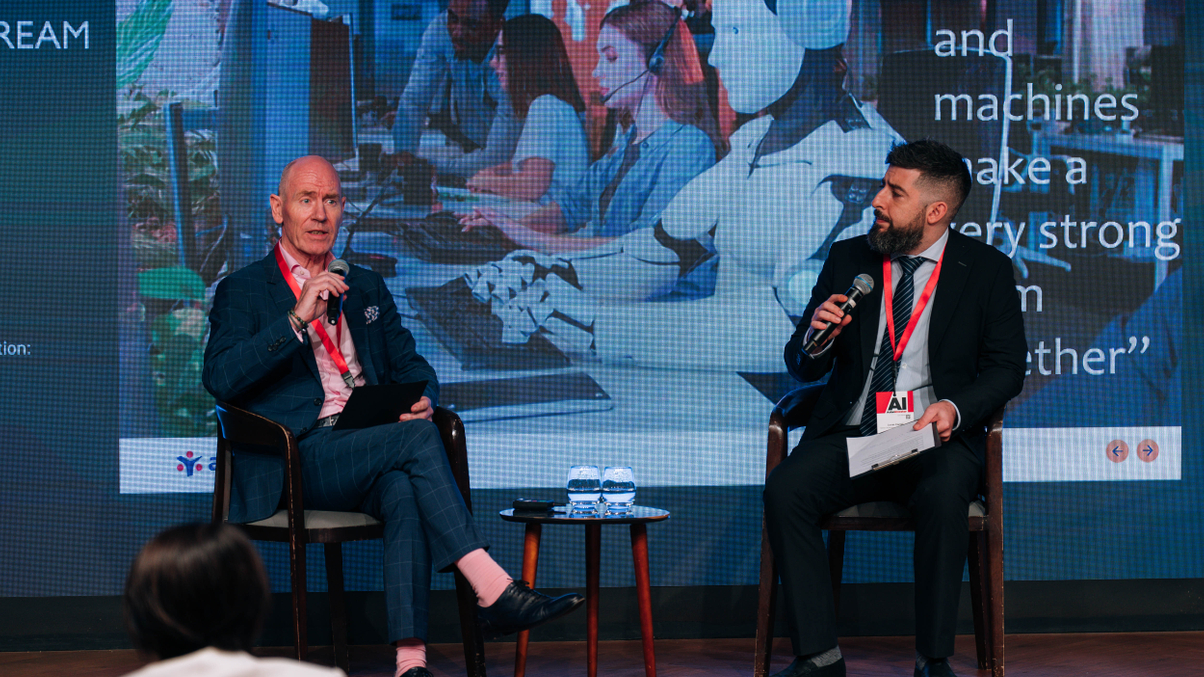How APG used AI to develop a 'digital portfolio manager'
APG Asset Management was an early adopter of AI in the pension fund industry, and has been particularly successful in harnessing technology to improve private markets investing, according to its Asia COO.

APG Asset Management, one of Europe's largest pension fund managers, has emerged as an early adopter of artificial intelligence (AI) in the investment management industry, particularly within private markets, according to Genio van der Schaft, chief operating officer of APG Investments Asia.
Sign in to read on!
Registered users get 2 free articles in 30 days.
Subscribers have full unlimited access to AsianInvestor
Not signed up? New users get 2 free articles per month, plus a 7-day unlimited free trial.
¬ Haymarket Media Limited. All rights reserved.


